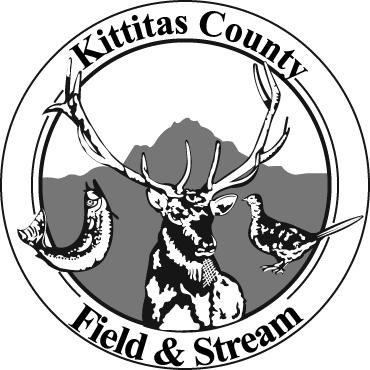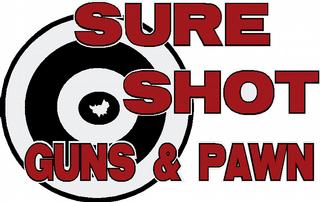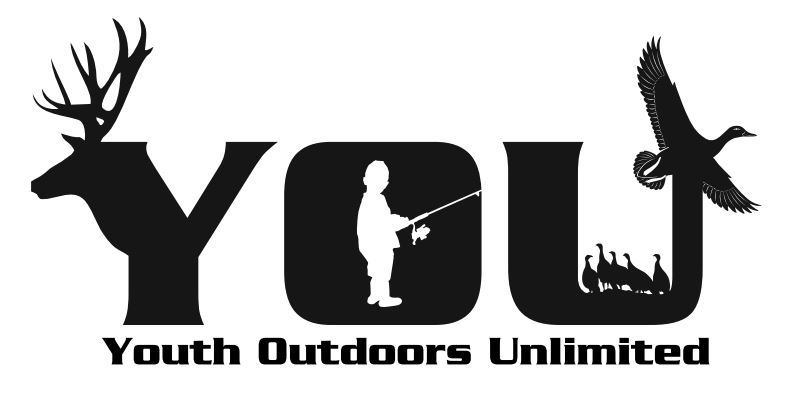A couple of us who’ve been on the planet for more than a few decades were joking around – at least in the beginning. Then, we got serious for a while. At the end of it all, there was naught to do but enjoy a good chuckle and a little appreciation for those who shaped us.
The conversation started with our increasingly-common Sometimer’s Disease, and the things which magically slip from our minds at odd moments, and pop back up at equally odd moments. From there, we began counting our outdoor buddies and family with Alzheimer’s Disease, and it was a little harder to find humor. It sort of sneaks up, I think; we get so caught up in the big-name diseases and disasters of the world, that we let this one settle into some kind of “normal.”
A fall quarter or two before I retired, I found myself in one of those hunting seasons that kept Dad (my stepdad Ray Fontes) in my mind. At the end of one of my final large freshman geography classes, I asked, “How many of you have someone you love – someone in your family – with Alzheimer’s?” Fifteen of the 80 students in that class raised a hand, most of them looking suddenly very sad. My head was swimming with memories of Dad, but for the first time I had a sense of how many others were also in that strange and unanticipated boat.
Ray Fontes was my dad from my last year at Boise High School. A skilled diesel mechanic and madly in love with my mother, he loved the outdoors. He said the first time he took a week-long wagon ride to the family gold mine deep in Idaho=s central mountains, he was barely walking. He’d made meat with his “chickens” (blue grouse around the home place) and deer since boyhood. Wherever he was, whatever he was doing, you could feel his need for wild places.
I showed him Wyoming antelope and Colorado elk hunting. He showed me humor, strength and love. I got the best of the deal; I’ve loved few people as I loved Dad.
He was off-the-cuff funny. And generous and kind beyond any man I ever knew. He=d pass food at a meal with a “Here, have the rest of this…” Food would be “Good enough for any dog,” or “Mighty fine kye kye!” Once, a friend thanked him for fixing his family’s car for nothing. Dad just looked at him, smiled, and said, “Keep the change.”
One day, heart problems caught up with him, and he quit the woods. More and more of his time was spent in some wild place of his mind. Suddenly, somewhere in there, he was diagnosed with Alzheimer’s.
For a time, he was still easy-going, and funny. He might awaken in the middle of the night begging mom to go check on the horses he=d just seen running into the bathroom, or to shoot the rats off the bed. We might be talking and laughing about an antelope trip, and, right in the middle of a sentence, he’d go there by himself. He’d stand up to go grab his rifle and gear for the hunt, take two steps, and have no idea what, why, where or when. Eventually, my mom was unable to handle his wanderings. It broke her heart, but she found a nearby nursing home for him.
Not long before he went home in 2001, he and I spent the better part of an evening staring at a nature show on the big-screen TV in his nursing home. Not much got through to him, it seemed. Still, every time a deer or elk or antelope wandered across that screen, he’d get animated. And he always chuckled at my wisecracks. I don’t think this is how Alzheimer’s really works, but it seemed to me that there were little pieces of Dad’s mind still in place. Every now and again we would stumble onto one of those pieces.
Years later, as we sons were digging through decades of our folks’ life, physical pieces of dad were everywhere. In one drawer was a full clip from his old pump-action Remington .270, from when he tossed it in there after a long-gone hunt. In Wyoming once, he showed Huckling Michelle how the clip worked, and she showed him the antelope eyeballs she collected to pay off her middle-school biology teacher for a week on the family hunt.
In another drawer was one of my old Wyoming antelope tags. Dad and mom loved antelope meat and I kept them supplied when Dad could no longer hunt. After his Alzheimer’s kicked in, he begged me for a license so he could go. All I had was that tag, but he grabbed it and thanked me.
On the wall of the bedroom was a plaque with the horns of dad=s first antelope. I had mounted them with a picture of him and the buck. Next to it was the mounted head of his biggest buck. I kept hearing mom laugh about how she spent the first month after that hunt pulling cactus spines out of places one doesn’t mention in polite company. Dad had stalked and crawled the better part of a mile for that buck. I took those pieces.
Thinking about Dad and his Alzheimer’s – and how we get no warning for that stuff – is always sad and joyful. He helped me become who I am. and I still wonder if he really knew what he meant to me.
What have you said, lately, to those who made you who you are today?




